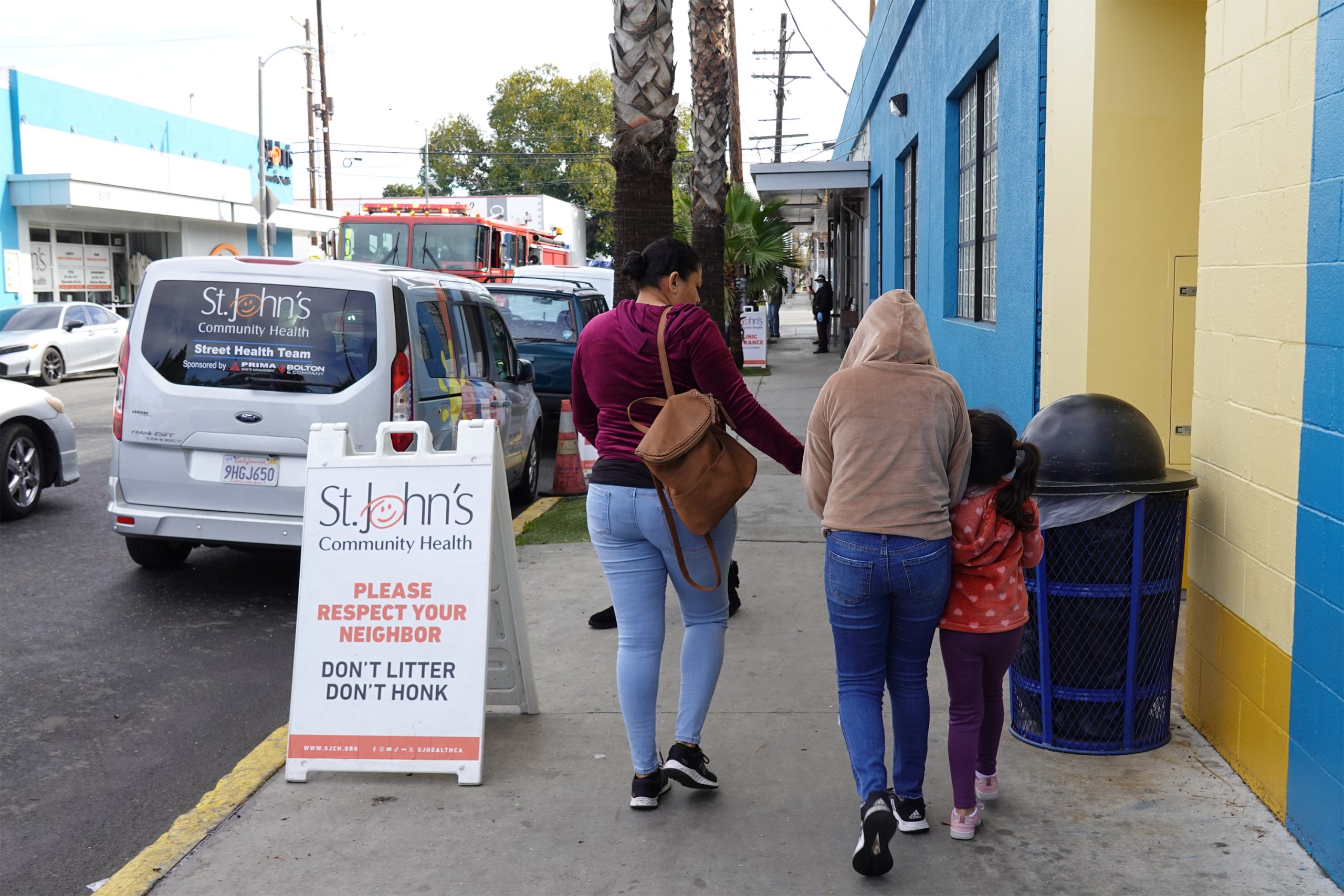A research team led by the University of California, Irvine has revealed the link between the frequency of sleep apnea events during the rapid-eye-movement stage and the severity of verbal memory impairment in older adults at risk for Alzheimer’s disease. Verbal memory refers to the cognitive ability to retain and recall information presented through spoken words or written text and is particularly vulnerable to Alzheimer’s.
The study, recently published online in the journal Alzheimer’s Research & Therapy, discovered a specific correlation between the severity of sleep apnea — when breathing pauses while an individual is sleeping — and diminished cognition. Higher ratios during REM compared to non-REM stages were associated with worse memory performance.
“Our findings identified the specific features of sleep apnea that are associated with memory, which is important because clinically, events occurring during REM sleep are often overlooked or minimized,” said co-corresponding author Bryce Mander, UC Irvine associate professor of psychiatry & human behavior. “Most hours of sleep are non-REM, so the overall averages of apnea severity can look much lower than what is typically observed during REM sleep. This means that someone at risk can be misdiagnosed and undertreated because current evaluation standards are not focused on sleep-stage-specific apnea severity.”
“Furthermore,” said co-corresponding author Ruth Benca, professor and chair of psychiatry and behavioral medicine at Wake Forest University School of Medicine, “we found that women are more likely to have a greater proportion of their apneic events in REM sleep in comparison to men, which could potentially be contributing to their greater risk for Alzheimer’s disease.”
The study involved 81 middle-aged and older adults from the Wisconsin Alzheimer’s Disease Research Center with heightened risk factors, of whom 62 percent were female. Participants underwent polysomnography — a comprehensive test that records brain waves, eye movements, muscle activity, blood oxygen levels, heart rate and breathing during sleep — and verbal memory assessments. Results showed apnea events during REM to be a critical factor contributing to verbal memory decline, especially among individuals with a genetic predisposition to Alzheimer’s and those with a parental history of the disease.
“Our findings highlight the intricate relationship among sleep apnea, memory function and Alzheimer’s risk,” Mander said. “Identifying and addressing REM-specific events are crucial for developing proactive, personalized approaches to assessment and treatment that are tailored to individual sleep patterns.”
The team also included lead author Kitty K. Lui, a graduate student in the San Diego State University/University of California, San Diego joint doctoral program in clinical psychology, and faculty and graduate students from UC Irvine, UC San Diego, the Wisconsin Alzheimer’s Disease Research Center and the University of Kentucky.
This work was supported by the National Institute on Aging under grants R56 AG052698, R01 AG027161, R01 AG021155, ADRC P50 AG033514, R01 AG037639 and K01 AG068353; by the National Institutes of Health’s Ruth L. Kirschstein National Research Service Award F31 AG048732; and by the National Center for Advancing Translational Sciences’ Clinical and Translational Science Awards Program under grant UL1TR000427.

